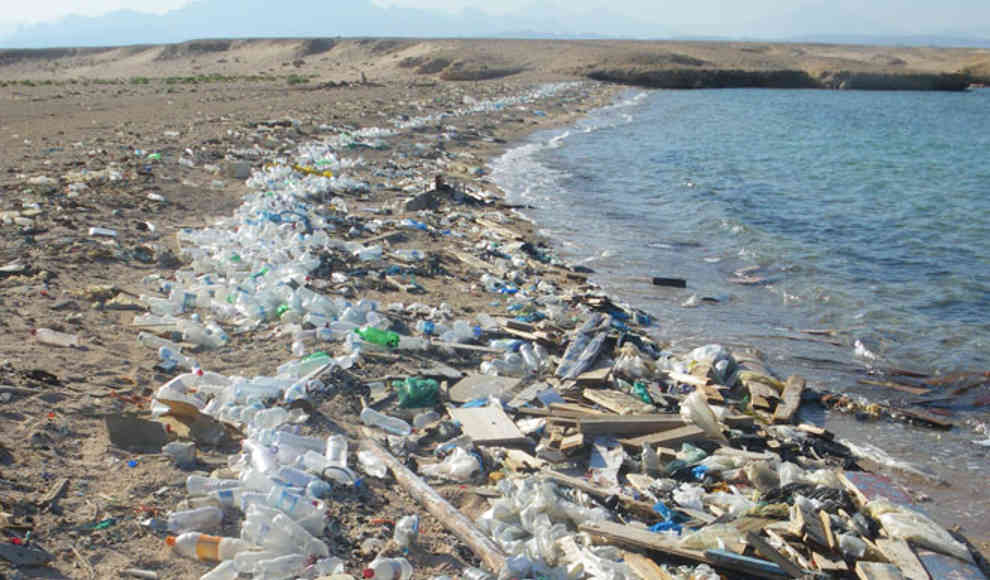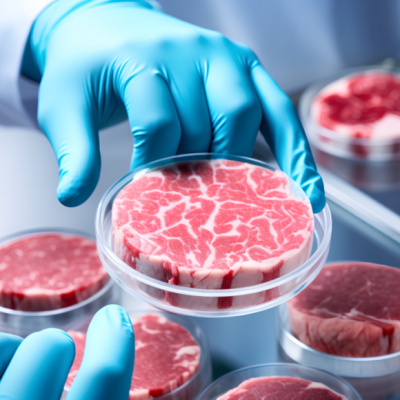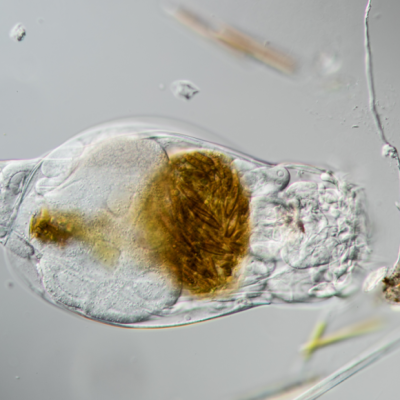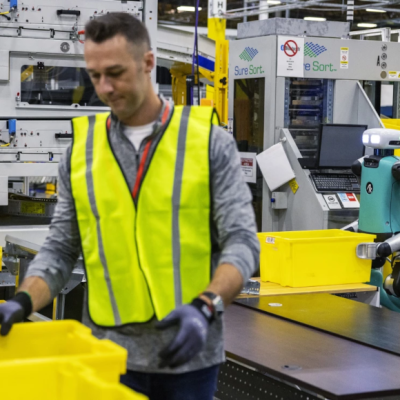Plastic has become an increasingly significant problem for the environment in recent years. However, researchers may have found a solution to this issue. They have discovered a bacterium that can break down PET plastics in just a few weeks. Every year, humans produce over 300 million tons of plastic, with PET accounting for around 50 million tons. The problem is that PET cannot be biologically broken down, and it remains as plastic waste or microplastics in the environment for decades. Researchers have reported in the journal Science that they have found a microbe that can attack and almost completely break down a type of plastic. The bacterium Ideonella sakaiensis can break down a PET film completely within six weeks. The discovery was made by Shosuke Yoshida and his team at the Kyoto Institute of Technology.
The bacterium attaches itself to the surface of PET, and the previously unknown enzyme PETase breaks down the chemical bonds of the plastic. The microbe then takes up the resulting breakdown products and splits them into the basic components of ethylene glycol and terephthalic acid using a second enzyme called MHETase. The microbe then breaks down these chemical components and releases them as CO2. German scientists have also hailed this discovery as groundbreaking, as only a few enzymes were previously known to have any activity in breaking down PET. The microbe can be used specifically for environmentally friendly PET breakdown, leading to new ways of plastic recycling. The goal is to develop processes that can isolate the PET building block terephthalic acid and reuse it to make PET, reducing the environmental burden and the use of petroleum.
However, one mystery remains: how did the bacteria develop their specific enzymes, given that PET has only been around for about 70 years? This discovery could be a game-changer in the fight against plastic pollution, and it offers hope for a more sustainable future.










